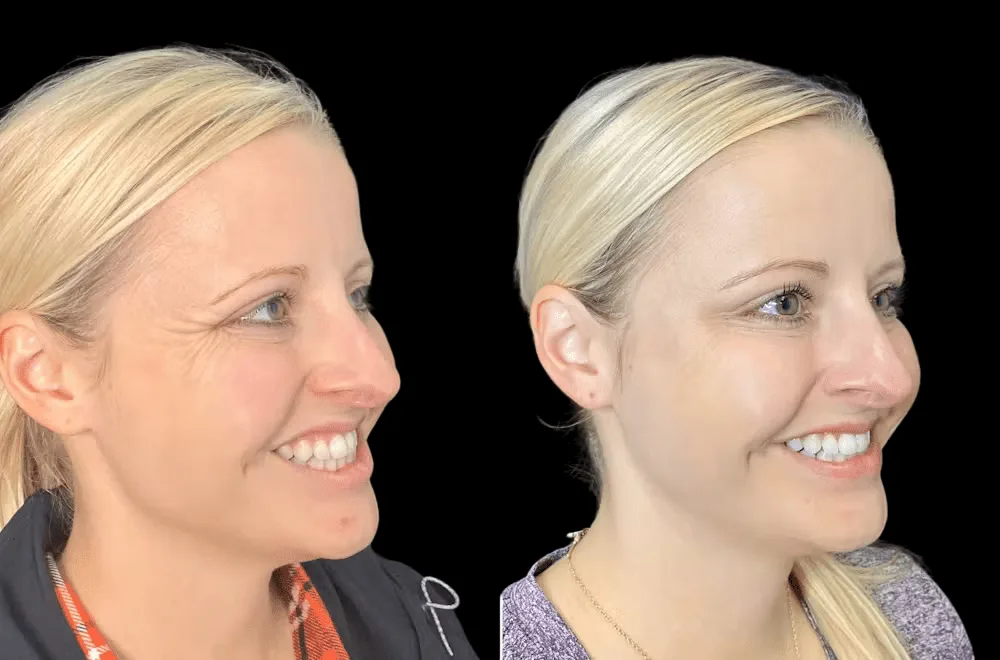In an age where technology is reshaping every aspect of the medical field, Generative AI for healthcare stands out as a game-changer—especially in improving how doctors and patients communicate. Effective communication in healthcare is not just a matter of efficiency; it is foundational to building trust, achieving accurate diagnoses, ensuring treatment adherence, and improving patient satisfaction and health outcomes.
Unfortunately, communication gaps remain a pervasive issue in healthcare systems around the world. Medical jargon, time constraints, language barriers, and information overload can leave patients confused and anxious. Enter Generative AI for healthcare—a revolutionary technology capable of bridging these gaps and transforming the doctor-patient dynamic for the better.
This article explores how generative AI is enhancing doctor-patient communication, offering use cases, benefits, and potential challenges while emphasizing the importance of this evolution for modern healthcare systems.
Understanding Generative AI for Healthcare
Before diving into its applications in communication, let’s define Generative AI for healthcare. Generative AI refers to machine learning models that can create new content based on patterns learned from vast datasets. In healthcare, this content might include medical summaries, patient education materials, tailored treatment recommendations, chat-based responses, and even synthetic patient scenarios for training and simulation.
The ability to generate human-like, context-aware language allows these models to function as translators, assistants, educators, and companions within clinical settings. This is particularly powerful in enhancing interpersonal communication, which is often nuanced and emotionally charged.
The Communication Crisis in Healthcare
Numerous studies have shown that communication failures are among the leading causes of medical errors. Misunderstandings, omitted information, and unclear instructions can result in:
- Misdiagnosis or delayed diagnosis
- Poor treatment adherence
- Reduced patient satisfaction
- Legal disputes and complaints
- Increased healthcare costs
For patients, especially those dealing with complex conditions or language barriers, healthcare interactions can feel overwhelming. Generative AI for healthcare can mitigate these issues by delivering clearer, personalized, and timely communication.
Use Cases of Generative AI for Enhancing Doctor-Patient Communication
1. Simplifying Medical Language
Medical terminology can be difficult for patients to understand. Generative AI for healthcare can automatically translate complex diagnoses and treatment plans into plain language that is easier for patients to grasp.
For example, after a doctor inputs notes into an electronic health record (EHR), an AI-powered tool can generate a patient-friendly summary, ensuring the patient understands their condition, medications, and next steps.
2. Multilingual Support
Language barriers are a significant challenge in global healthcare systems. Generative AI models trained in multiple languages can:
- Translate medical conversations in real-time
- Generate culturally appropriate patient education materials
- Ensure non-native speakers receive accurate and respectful communication
This democratizes access to care and improves outcomes for diverse populations.
3. Virtual Health Assistants
Many patients have questions between appointments but hesitate to contact their provider. Generative AI for healthcare powers virtual assistants and chatbots that:
- Answer patient queries based on their health records
- Remind patients about medications and appointments
- Provide pre- and post-visit instructions
- Offer emotional support and mental health resources
These tools extend care beyond the clinic walls and reinforce the patient-provider relationship.
4. Enhancing Informed Consent
Informed consent is both a legal and ethical requirement, but patients often don’t fully understand the procedures they’re agreeing to. Generative AI can generate:
- Custom explanatory documents based on the patient’s condition
- Visual aids and diagrams
- Interactive question-and-answer simulations
This ensures patients are truly informed, not just passively compliant.
5. Personalizing Health Education
Generative AI for healthcare can tailor educational content to the individual needs, literacy level, and emotional state of the patient. For instance, an AI model can create a set of lifestyle recommendations tailored to a diabetic patient’s age, culture, and daily routine.
This personalization leads to better engagement and behavior change.
6. Real-Time Clinical Documentation
Doctors often spend more time documenting than interacting with patients. Generative AI tools can:
- Transcribe and summarize patient interactions
- Generate SOAP notes (Subjective, Objective, Assessment, Plan)
- Automatically fill EHR fields based on conversation context
This frees up time for meaningful dialogue and improves documentation accuracy.
Benefits of Using Generative AI for Healthcare Communication
Improved Clarity and Understanding
By simplifying and translating complex information, Generative AI for healthcare ensures patients understand their health status, treatment options, and care instructions.
Enhanced Patient Engagement
AI-generated content that is relevant and easy to understand encourages patients to take a more active role in their care, leading to better health behaviors and outcomes.
Time and Cost Efficiency
Automating documentation and repetitive explanations saves time for healthcare providers and reduces administrative burden, leading to operational efficiency.
Consistency and Accuracy
AI-generated content maintains consistency in the information provided, reducing the risk of miscommunication or omission.
Increased Trust and Satisfaction
When patients feel heard, respected, and informed, they are more likely to trust their providers and adhere to care plans. Generative AI for healthcare supports this by offering empathetic, personalized communication.
Addressing Challenges and Ethical Concerns
Data Privacy and Security
Patient data used to train and run generative models must be protected under strict regulations such as HIPAA. Ensuring anonymization and secure data handling is crucial.
Bias and Equity
If trained on biased data, AI models may inadvertently perpetuate disparities in care. Continuous monitoring, inclusive datasets, and transparency are essential.
Overreliance on AI
Generative AI is a powerful tool but should not replace human judgment. Providers must validate AI outputs and maintain direct communication with patients.
Patient Consent and Awareness
Patients should be informed when AI tools are being used in their care, especially if their interactions are recorded or synthesized.
Real-World Examples and Tools
Several companies and healthcare systems are already implementing Generative AI for healthcare to enhance communication:
- Ada Health offers AI-powered symptom checkers with natural language capabilities.
- Notable Health uses generative AI to automate clinical documentation and follow-up instructions.
- HealthTap employs virtual doctors and chatbots to deliver 24/7 personalized support.
- Microsoft Nuance DAX enables ambient clinical intelligence by summarizing doctor-patient conversations.
These tools demonstrate how AI is already integrated into modern care delivery, making communication more effective and scalable.
Future Possibilities of Generative AI in Communication
Emotionally Intelligent Interfaces
Future generative models may detect and respond to patient emotions, offering empathetic replies and adjusting tone accordingly.
Integration With Wearables
As more health data is collected from wearables, generative AI could provide real-time updates, alerts, and suggestions based on patient activity and vitals.
Voice-Based Assistants
Voice-enabled generative AI could offer hands-free, conversational interfaces for elderly or disabled patients, enhancing accessibility.
Community Health Engagement
AI-generated health content tailored to community-specific concerns can be deployed at scale to raise awareness and encourage preventive care.
Conclusion: A New Era of Human-Centered AI
Generative AI for healthcare is not about replacing human empathy or expertise—it’s about augmenting them. When used ethically and thoughtfully, generative AI enhances the doctor-patient relationship by making information clearer, communication easier, and care more compassionate.
This is especially vital in a world where healthcare systems are overburdened and patients often feel like passive participants. By giving patients a voice, helping them understand their conditions, and empowering them to manage their health, generative AI becomes a true partner in care.
As we move into an increasingly digital healthcare landscape, those who embrace Generative AI for healthcare will be at the forefront of delivering not only cutting-edge medicine but also deeply human-centered experiences.
Ready to transform communication in your healthcare organization?
Learn how generative AI for healthcare can help you build stronger, more empathetic patient relationships.



